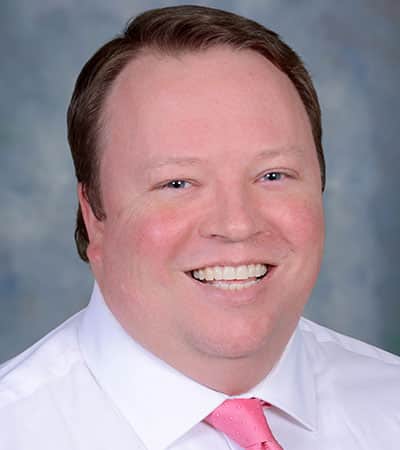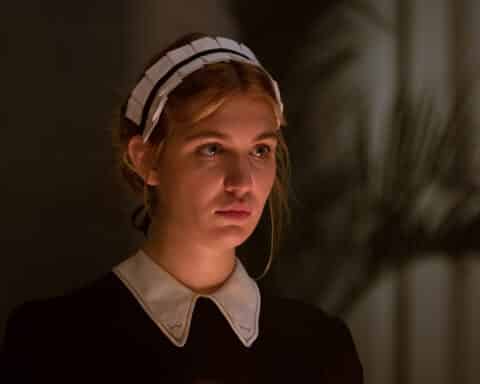
That being said, he let me forge my own path. It was a bond that just he and I shared — that we still do. Growing up, in my teens and 20s, we’d talk about the craft of writing occasionally but not incessantly. In those early years, there were a few pieces of advice that really struck. The first was this: Pick the most interesting thing you saw and write about that, and it’s almost never the final score. That was a good one. But the most important thing he told me is this: The only way to get better at writing is to read. A lot. It could be Stephen King or The New York Times or Sports Illustrated or Ernest Hemingway. Didn’t matter. Just read. And so I did.
I didn’t have the attention span in my younger days to read Tolstoy or Joyce or Homer. I’d much rather read 1,000 well-crafted words written within the hour of a final buzzer. My craft was sportswriting, and my bookshelf was filled — is filled, if I’m being honest — with sportswriters. The greats — many of whom had long since died or retired by the time I showed any interest. The whit of Jim Murray, the elegance of Grantland Rice, the detailed storytelling of Gary Smith, the passion of Roger Angell. Along with my dad and Troy Aikman, these were my heroes. I couldn’t throw a football past the end of the driveway with a linebacker charging, but I could string a few sentences together when a deadline was barreling down.
Being hyper-focused served me well in that particular field, but single-mindedness comes at a cost. The list of books I should have read but didn’t — haven’t — is embarrassingly long. “Don Quixote,” “Moby Dick,” “The Brothers Karamazov,” “Pride and Prejudice,” “Catch-22” and on and on. I know. Trust me, I know. But most people haven’t read “Pure Heart” by William Nack or Richard Ben Cramer’s “What Do You Think of Ted Williams Now,” so I kind of feel like we’re even.
All of this — my appreciation for great writing, but also my feeling of inadequacy over things I should have read by now but haven’t — resurfaced recently as I read Julie Davis’ excellent In Focus in which she offers a primer on six Christian writers whose work might be on your want-to-read-but-haven’t list: G.K. Chesterton, C.S. Lewis, Flannery O’Connor, J.R.R. Tolkien, Hilaire Belloc and Graham Greene. Some I’ve read, but others I’m only vaguely familiar with, much in the same way that I’m familiar with the beauty of the Cliffs of Moher or the weather in Bora Bora — that is, I’ve heard fondly of them but regret to say that I have no personal experience.
I’ve always intended to swing back around to these classics (the Christian and secular), to make a list and start checking them off, but as I sit squarely in mid-life, I’m finding my nights and weekends are equally as busy as my workdays. Even when I do have the time, reading for pleasure still happens in bite-sized chunks rather than in full-course meals. The fact that I spend a large portion of my workweek reading and editing doesn’t help. I assume, at some point, life will fall into a slower pace more conducive to leisurely reading, but with a demanding (but fulfilling) job and demanding (but adorable) kids, we’re not there. Not yet.
Perhaps I can start by reading a chapter of Tolkien’s “The Lord of the Rings” to the kids at bedtime, or a short story by O’Connor when I have a quiet moment to myself. I’m eager to dive into the works of these great writers, to read their unique perspectives of the Faith, because just as Dad used to say that reading is the best way to get better at writing, I think the same might be true about practicing our faith.
Scott Warden is managing editor of Our Sunday Visitor.





